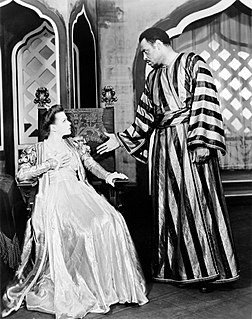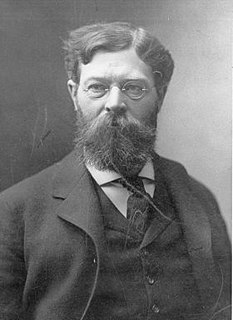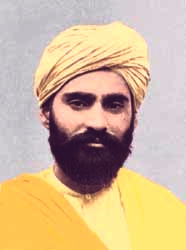A Quote by C. S. Lewis
It is that of an unsatisfied desire which is itself more desirable than any other satisfaction.
Quote Topics
Related Quotes
Technological consciousness takes itself dead seriously; it has no sense of humor. The fool can play no role in it, for there is no other realm that is can see beyond itself to which the fool can point. Consciousness in the throes of desire cannot tolerate laughter any more than criticism of laughter can be tolerated in a moment of sexual lust.
Do not turn the power of your mind upon others, but turn it upon yourself in such a way that it will make you stronger, more positive, more capable, and more efficient, and as you develop in this manner, success must come of itself. There is only one way by which you can influence others legitimately, and that is through the giving of instruction, but in that case, there is no desire to influence. You desire simply to impart knowledge and information, and you exercise a most desirable influence without desiring to do so.
I like black for clothes, small items, and jewelry. It's a color that can't be violated by any other colors. A color that simply keeps being itself. A color that sinks more somberly than any other color, yet asserts itself more than all other colors. It's a passionate gallant color. Anything is wonderful if it transcends things rather than being halfway.
Unsatisfied desire is the characteristic feature of human life. That is the common fact out of which both pessimism and optimism are constructed. Dwell on the impossibility of ever getting a state of complete and permanent satisfaction with what you have, and you become a pessimist. Dwell on the opportunity for endless growth and conquest which this same fact makes possible, and you become an optimist.
Are not our desires inseparably intertwined with the continuation of life? Even the idea of eliminating desire is fruitless. The desire to eliminate all desire is still itself a desire. How can we find release and peace by replacing one desire with another? Surely we shall find peace not by eliminating desire, but by finding its fulfillment and satisfaction in the One who created it.
And that is the trouble with all lovers: they want more love, because they don't understand that the real desire is not for more love, but for something more than love. Their language ends with love; they don't know any way that is higher than love, and love does not satisfy. On the contrary, the more you love the more thirsty you become. At the fourth center of love, one feels a tremendous satisfaction only when energy starts moving to the fifth center.
The reason is that nature has so created men that they are able to desire everything but are not able to attain everything: so that the desire being always greater than the acquisition, there results discontent with the possession and little satisfaction to themselves from it. From this arises the changes in their fortunes; for as men desire, some to have more, some in fear of losing their acquisition, there ensues enmity and war, from which results the ruin of that province and the elevation of another.
Therefore, if a great kingdom humbles itself before a small kingdom, it shall make that small kingdom its prize. And if a small kingdom humbles itself before a great kingdom, it shall win over that great kingdom. Thus the one humbles itself in order to attain, the other attains because it is humble. If the great kingdom has no further desire than to bring men together and to nourish them, the small kingdom will have no further desire than to enter the service of the other. But in order that both may have their desire, the great one must learn humility.




































